Speech Language Pathology
Speech-Language Pathologists (SLPs) are professionals educated in the study of human communication, its development and its disorders. We work to improve communication for people having difficulty expressing thoughts, feelings or needs and to improve cognitive skills for people having difficulty with memory, organization, reasoning and problem solving. Additional services include videofluoroscopic and flexible endoscopic swallow evaluations to assess and treat swallowing disorders.
Conditions We Treat:
(Click the links below to learn more)
- Aphasia
- Apraxia
- Chronic cough
- Dysarthria
- Feeding and swallowing impairments
- Head and neck cancer
- Induced laryngeal obstruction
- Neurological disorders
- Voice disorders
Services We Provide:
(Click the links below to learn more)
- Cognitive communication therapy
- Dysphagia therapy
- LOUD and SPEAK OUT! Parkinson’s programs
- Oncology rehabilitation
- Speech generating devices
- Tracheoesophageal voice prosthesis (TEP)
- Voice therapy
-
 Rehabilitation ServicesView Profile
Rehabilitation ServicesView Profile -
 Rehabilitation ServicesView Profile
Rehabilitation ServicesView Profile -
 Wound CareView Profile
Wound CareView Profile -
 Speech Language PathologyView Profile
Speech Language PathologyView Profile -
 Rehabilitation ServicesView Profile
Rehabilitation ServicesView Profile -
 Rehabilitation ServicesView Profile
Rehabilitation ServicesView Profile -
 Rehabilitation ServicesView Profile
Rehabilitation ServicesView Profile -
 Rehabilitation ServicesView Profile
Rehabilitation ServicesView Profile -
 Rehabilitation ServicesView Profile
Rehabilitation ServicesView Profile -
 Speech Language PathologyView Profile
Speech Language PathologyView Profile -
 Speech Language PathologyView Profile
Speech Language PathologyView Profile -
 Wound CareView Profile
Wound CareView Profile -
 Rehabilitation ServicesView Profile
Rehabilitation ServicesView Profile -
 Rehabilitation ServicesView Profile
Rehabilitation ServicesView Profile -
 Rehabilitation ServicesView Profile
Rehabilitation ServicesView Profile -
 Rehabilitation ServicesView Profile
Rehabilitation ServicesView Profile -
 Rehabilitation ServicesView Profile
Rehabilitation ServicesView Profile -
 Rehabilitation ServicesView Profile
Rehabilitation ServicesView Profile -
 Rehabilitation ServicesView Profile
Rehabilitation ServicesView Profile -
 Rehabilitation ServicesView Profile
Rehabilitation ServicesView Profile -
 Rehabilitation ServicesView Profile
Rehabilitation ServicesView Profile -
 Rehabilitation ServicesView Profile
Rehabilitation ServicesView Profile -
 Rehabilitation ServicesView Profile
Rehabilitation ServicesView Profile -
 Rehabilitation ServicesView Profile
Rehabilitation ServicesView Profile -
 Speech Language PathologyView Profile
Speech Language PathologyView Profile -
 Rehabilitation ServicesView Profile
Rehabilitation ServicesView Profile -
 Rehabilitation ServicesView Profile
Rehabilitation ServicesView Profile -
 Wound CareView Profile
Wound CareView Profile -
 Rehabilitation ServicesView Profile
Rehabilitation ServicesView Profile -
 Rehabilitation ServicesView Profile
Rehabilitation ServicesView Profile -
 Rehabilitation ServicesView Profile
Rehabilitation ServicesView Profile -
 Wound CareView Profile
Wound CareView Profile -
 Rehabilitation ServicesView Profile
Rehabilitation ServicesView Profile -
 Rehabilitation ServicesView Profile
Rehabilitation ServicesView Profile -
 Rehabilitation ServicesView Profile
Rehabilitation ServicesView Profile -
 Rehabilitation ServicesView Profile
Rehabilitation ServicesView Profile -
 Rehabilitation ServicesView Profile
Rehabilitation ServicesView Profile -
 Wound CareView Profile
Wound CareView Profile -
 Rehabilitation ServicesView Profile
Rehabilitation ServicesView Profile -
 Rehabilitation ServicesView Profile
Rehabilitation ServicesView Profile -
 Rehabilitation ServicesView Profile
Rehabilitation ServicesView Profile -
 Wound CareView Profile
Wound CareView Profile -
 Rehabilitation ServicesView Profile
Rehabilitation ServicesView Profile -
 Rehabilitation ServicesView Profile
Rehabilitation ServicesView Profile -
 Rehabilitation ServicesView Profile
Rehabilitation ServicesView Profile -
 Rehabilitation ServicesView Profile
Rehabilitation ServicesView Profile -
 Rehabilitation ServicesView Profile
Rehabilitation ServicesView Profile -
 Wound CareView Profile
Wound CareView Profile -
 Rehabilitation ServicesView Profile
Rehabilitation ServicesView Profile -
 Speech Language PathologyView Profile
Speech Language PathologyView Profile -
 Rehabilitation ServicesView Profile
Rehabilitation ServicesView Profile -
 Rehabilitation ServicesView Profile
Rehabilitation ServicesView Profile -
 Rehabilitation ServicesView Profile
Rehabilitation ServicesView Profile -
 Rehabilitation ServicesView Profile
Rehabilitation ServicesView Profile -
 Rehabilitation ServicesView Profile
Rehabilitation ServicesView Profile -
 Wound CareView Profile
Wound CareView Profile -
 Rehabilitation ServicesView Profile
Rehabilitation ServicesView Profile -
 Speech Language PathologyView Profile
Speech Language PathologyView Profile -
 Speech Language PathologyView Profile
Speech Language PathologyView Profile -
 Rehabilitation ServicesView Profile
Rehabilitation ServicesView Profile -
 Rehabilitation ServicesView Profile
Rehabilitation ServicesView Profile -
 Rehabilitation Services - CardiopulmonaryView Profile
Rehabilitation Services - CardiopulmonaryView Profile -
 Rehabilitation ServicesView Profile
Rehabilitation ServicesView Profile -
 Rehabilitation ServicesView Profile
Rehabilitation ServicesView Profile -
 Rehabilitation ServicesView Profile
Rehabilitation ServicesView Profile -
 Rehabilitation ServicesView Profile
Rehabilitation ServicesView Profile -
 Wound CareView Profile
Wound CareView Profile -
 Rehabilitation ServicesView Profile
Rehabilitation ServicesView Profile -
 Rehabilitation ServicesView Profile
Rehabilitation ServicesView Profile -
 Rehabilitation ServicesView Profile
Rehabilitation ServicesView Profile -
 Rehabilitation ServicesView Profile
Rehabilitation ServicesView Profile -
 Rehabilitation ServicesView Profile
Rehabilitation ServicesView Profile -
 Speech Language PathologyView Profile
Speech Language PathologyView Profile
/
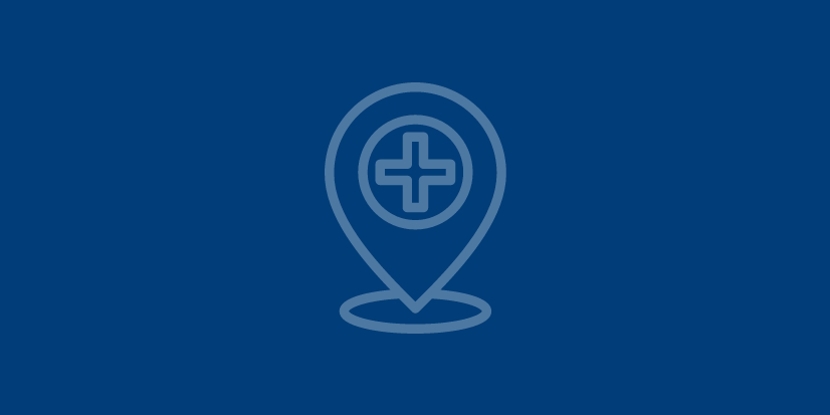



_330x413.png)
.png)



.jpg)


.jpg)

.png)
_330x413.png)
_330x413.png)




_330x413.png)
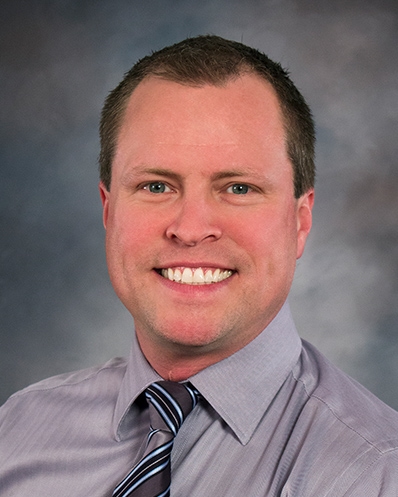
.png)



_330x413.png)

.jpg)



.png)

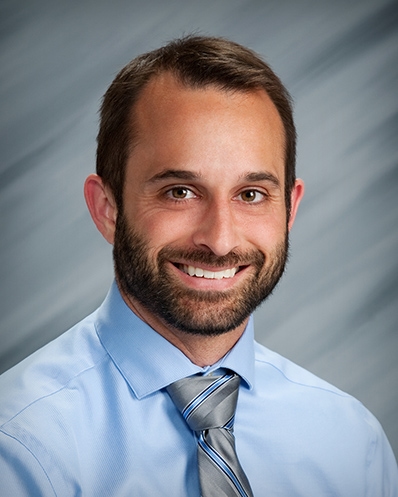




.jpg)

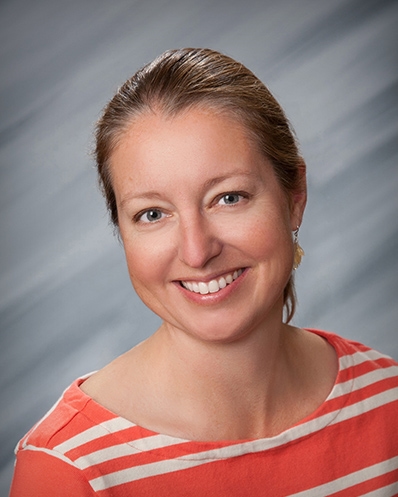




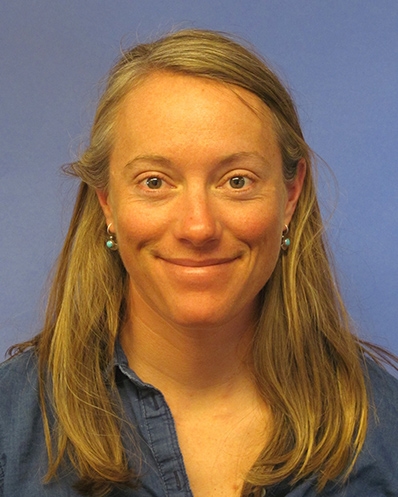

















.png)


-330x390.png)


